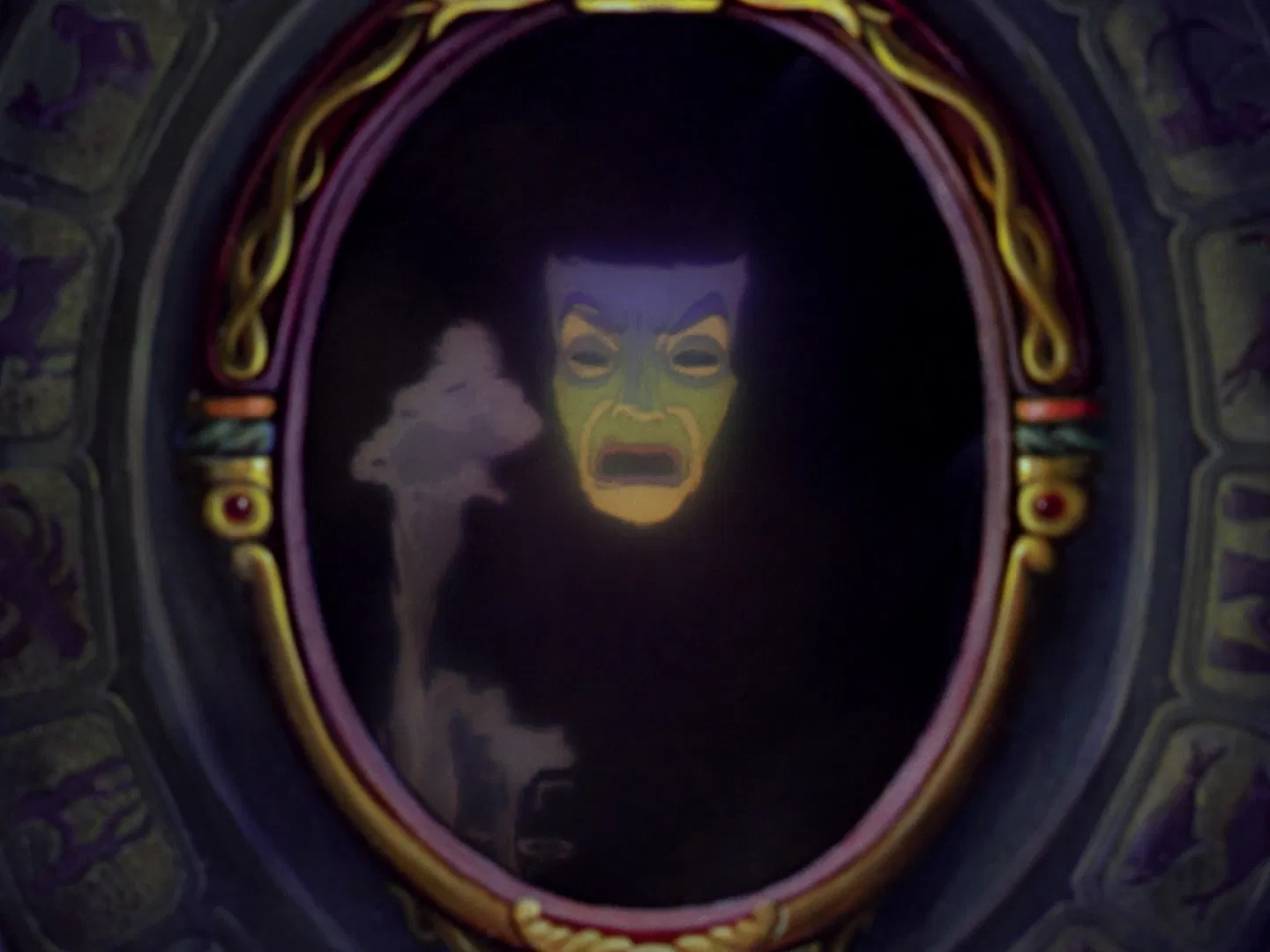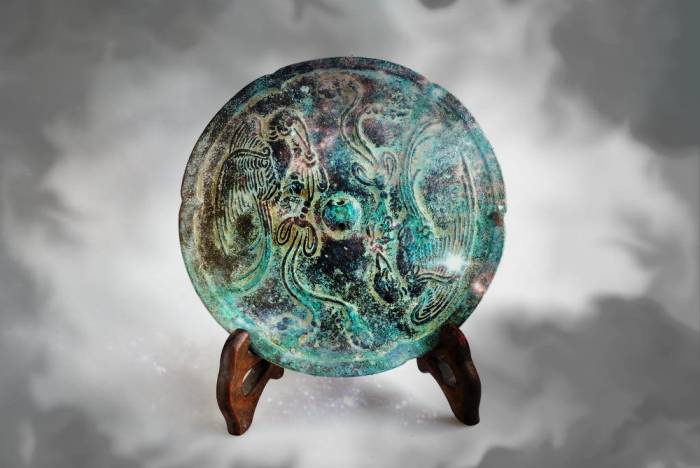
There is an explanation for banning rather than nerfing that WotC could have offered, but didn’t. The bad news is that they’re uncommon wildcards and that you don’t get compensated for the rare/mythic wildcards that you may have used to craft the rest of the deck. The good news is that with a ban, you get wild cards back. In any case, that’s not what Wizards of the Coast chose to do. Nerfing Racketeer Boss or Cabaretti Revels would also have been an option. Sure, it’s difficult to rebalance a combo card, and it would get much less powerful as a result, but I can think of various reasonable ways to change Grinning Ignus’s activated ability or its cost. To me, this explanation is unsatisfactory. The following explanation was offered in the article accompanying the ban announcement : “We discussed rebalancing (and may do so at a future date), but each change we’ve considered so far would effectively eliminate this combo, so we’ve decided to ban the card instead.” With this in mind, a reasonable question is why they chose to ban Grinning Ignus when they could just nerf it. Nerfs will be aimed at cards and decks that have an outsized impact on the metagame, either through their own strength and win rate or by suppressing other strategies.”

While combo decks can be a fun and healthy part of metagames, this deck fell outside these format goals.”įrom the perspective of the competitive metagame, I believe that taking out the Naya Life Gain Ignus Combo deck is a good change that will revitalize the Alchemy format for this weekend’s Metagame Challenge and the August Qualifier Weekend (yes, the Qualifier Weekend got sneakily changed from Historic to Alchemy).Īs stated in the Alchemy Rebalancing Philosophy : “Weakening cards (nerfs) will be the primary tool to affect the metagame. The article accompanying the ban announcement also puts it well: “one of Alchemy’s guiding lights is to keep the format fast, fun, and dynamic. On Untapped.gg over the last six days, the archetype was the most popular and had the highest win rate in Best-of-One Alchemy. But not drawing the combo was actually rarer than you might think – thanks to redundant pieces and Alchemy-only “seek” effects, you could assemble it quite reliably.Īs evidenced by Altheriax’s results, the deck was arguably too dominant. The life gain package, supported by Voice of the Blessed, also gives the deck a solid backup plan in games where you didn’t draw the combo. Thanks to Lunarch Veteran, the deck could assemble a three-card infinite-life combo as early as turn three. To take advantage of infinite enters-the-battlefield triggers, the deck has Lunarch Veteran, Prosperous Innkeeper and Cabaretti Revels. In both cases, casting and returning Grinning Ignus becomes mana neutral, which means that you can do it infinitely often. The second is to control Birgi, God of Storytelling. The first is with Racketeer Boss, which gives Grinning Ignus the perpetual ability to create a Treasure when you cast it. The deck has two main ways of setting this up. The infinite combo in this deck revolves around casting Grinning Ignus, bouncing it back to hand, casting it again and looping for infinite enters-the-battlefield triggers.
#Magic mirror mtg full#
The mana value of the spell remains unchanged, no matter what the total cost to cast it was.Soon after Alchemy: New Capenna added Caberetti Revels and Racketeer Boss to the Alchemy format, Grinning Ignus combo decks started to dominate.Ħ1-3 and #1 with my Naya Ignus lifegain combo deck in Alchemy! Think this is the best WR Ive had with a deck and it feels by far the best deck in the format to me! I've done a full in-depth deck guide video with gameplay here: /oc6OTAsRBA To determine the total cost of a spell, start with the mana cost or alternative cost you’re paying, add any cost increases, then apply any cost reductions. Notably, opponents can’t try to change by how much a relic’s cost is reduced.

Once you announce that you’re casting a spell, no player may take actions until the spell has been paid for. The converted mana cost of the spell remains unchanged, no matter what the total cost to cast it was. If The Magic Mirror leaves the battlefield while its last ability is on the stack, the ability will use the number of knowledge counters The Magic Mirror had before leaving the battlefield to determine how many cards you’ll draw. If a split card is both an instant card and a sorcery card, it’s only counted once for The Magic Mirror’s cost reduction ability. The colored mana must still be paid.Īdventurer cards aren’t instant or sorcery cards while they’re in your graveyard.

The cost reduction ability reduces only the generic mana in the relic’s cost.


 0 kommentar(er)
0 kommentar(er)
